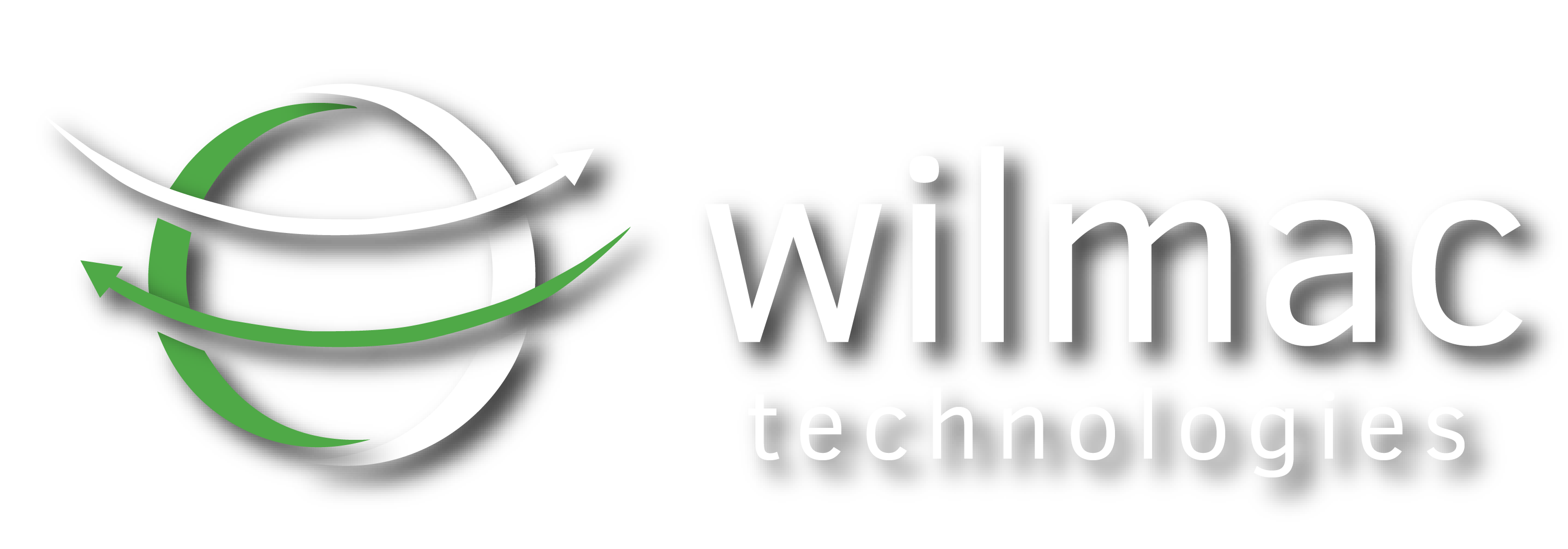With the continuous introduction of new regulations in the financial space comes the increasing struggle of financial organizations to navigate the landscape and proactively monitor their operations. Now a hot topic and necessity for trading floors, Proactive Compliance refers to the best practice of applying an anticipatory and self-motivated approach towards industry regulations and compliance standards. An organization that practices Proactive Compliance will take steps to implement best practices and identify and address any potential problems before being required to by regulations.
Implementing proactive measures does not only allow organizations to mitigate risk, but protect their business and customers. Further benefits of Proactive Compliance include:
- Protection from fraud and risk. By monitoring interactions across all communication channels, you will see emerging trends, detect potentially fraudulent activity, and flag and quickly address breaches within your organization.
- Manage and reduce financial and legal risks. Taking corrective measures once a failure already occurs means businesses are being reactive with compliance. By being proactive and forecasting potential risks in the future, you will be in control of the financial and legal risks pertinent to your organization.
- Decrease potential penalties. Proactive compliance helps identify the potential risks your organization is susceptible to and minimizes it by automating risk analysis, management, and mitigation. This, in turn, decreases the number of potential penalties your organization can experience.
- Improve management visibility into operations. By proactively verifying adherence to policies and controlling information exchange, you can get an instant view of faulty operations in advance that would not be apparent with a reactive strategy.
- Avoid higher incremental costs. Compliance spending can come at a hefty price, especially if you have had periods of non-compliance and enacted a reactive strategy. Supervising, testing, monitoring, and other oversight responsibilities are mitigated when pursuing a Proactive Compliance strategy.
- Save time. Taking corrective measures when dealing with compliance issues can take a substantial amount of time. If you pursue a Proactive Compliance strategy, you will minimize the time spent on these measures substantially.
The benefits of Proactive Compliance are significant compared to the challenges faced when reacting to the penalties and risks of compliance regulations. One of the most prevalent regulations in recent years is the Dodd-Frank Act, which requires all financial trade-related communication be recorded. This includes calls, emails, texts, and instant messages, which can be challenging when armed with outdated systems. Regulations continue to evolve, which is why engaging a Proactive Compliance strategy can become an important decision for your organization.
If you’re interested in deploying a Proactive Compliance strategy but aren’t entirely sure if you have the right equipment or processes, contact Wilmac to set up an informational call.

